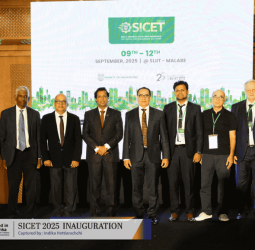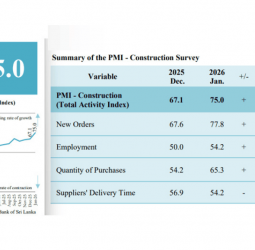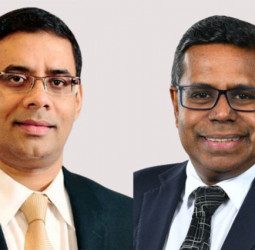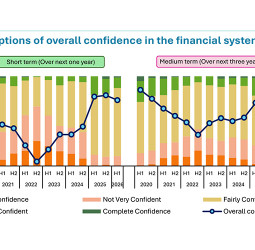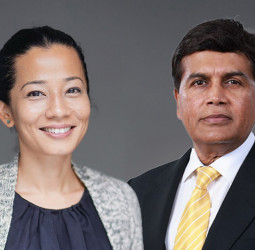The 4th SLIIT International Conference on Engineering & Technology (SICET 2025) successfully concluded after four days of activity spanning Marino Beach Colombo and the SLIIT Campus in Malabe, spotlighting the theme “Next-Generation Engineering for Digital and Sustainable Solutions.” Led by Conference Chair Prof. Dushantha Jayakody with the support of Prof. Ayantha Gomes, Dean, Faculty of Engineering, the conference drew robust participation over 110 Authors and another 100 participations from academia, industry and policy leaders, and advanced a practical agenda for research translation and national innovation.
Momentum for the main programme was set on September 9 with six parallel pre-conference workshops at SLIIT, designed to bridge academia and industry across communications, AI, civil engineering, Holographic Communication setting boundaries for the 6G wireless, and core engineering domains. Featuring hands-on lab demos and tutorials by a mix of local and international facilitators from Russia, Canada and Egypt, and Uzbekistan. The workshops built practical skills for students, early-career researchers and engineers, while generating collaboration leads for capstone projects and joint research output that set the future of Engineering. The formal inauguration followed at Marino Beach, graced by Chief Guest Mr. Pradeep Saputhanthri, Secretary to the Prime Minister and Chair of the Education Task Force for Digital Transformation of Education, alongside dignitaries including Prof. Saman Seneweera (Chairman, NSF), Prof. Lalith Gamage (Vice Chancellor), Chancellor Prof. Rathnayake, senior university leadership and partners. International keynote presence from INRS–Canada and SPbSUT–Russia underscored SICET’s expanding global partnerships.
Across the Technical and Industry Connect tracks, SICET received 173 submissions, with 102 papers accepted after a rigorous double-blind review by local and international experts. This edition introduced a dedicated Industry Track to showcase academia–industry synergies, accepting 16 papers. Sessions spanned AI and data-driven engineering, next-generation communications and networking, clean and renewable energy, mechatronics and autonomy, transportation and mobility, biomedical engineering, construction digitalisation, and circular production. Panels set clear direction: a “Vision for 2030” forum with leaders from the Ministry of Science & Technology, NRC, and NSF prioritised deep tech (AI/6G), clean energy, healthtech, agri-innovation, advanced manufacturing, blended funding models, shared national infrastructure, researcher mobility and co-supervision, and TRL pathways to startups and public adoption. The “AI in Engineering” panel—featuring Dr. Hans Wijayasuriya (Chief Advisor to the President – Digital Economy), Dr. Himal Suraweera (Top 2% Scientist, University of Peradeniya), and Prof. Nuwan Kodagoda (Pro-Vice-Chancellor, SLIIT)—called for urgent national action, curriculum integration from schools to universities, and policy standards, emphasising dataset documentation, bias checks, rollback plans, and shadow deployments before go-live.
The conference closed with Best Paper awards across tracks, a Best Presenter recognition in the Industry Connect stream, and acknowledgments to session chairs, reviewers, volunteers and sponsors, reflecting a whole-of-ecosystem effort. Tokens of appreciation were extended to sponsors, with national media support aiding broad public outreach.
Prof. Dushantha Jayakody: “SICET 2025 demonstrated that Sri Lanka’s engineering community can deliver globally relevant research while staying grounded in national needs, linking rigorous scholarship to deployable solutions.”
Prof. Ayantha Gomes: “Our focus now is to convert this momentum into durable collaborations, shared labs, stronger grant pipelines and industry co-funding, so that next-generation engineering directly advances the country’s digital and sustainable future.”
For post-event highlights, publications and next steps, visit SLIIT’s official channels; selected papers will proceed through the SICET proceedings and partner publication pathways.


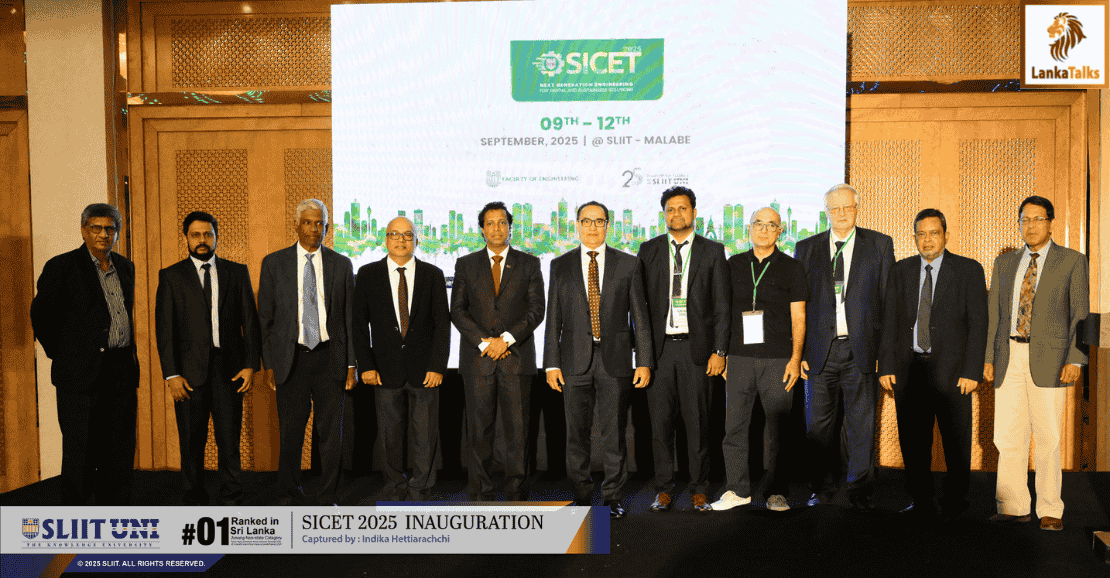
 Natasha
Natasha